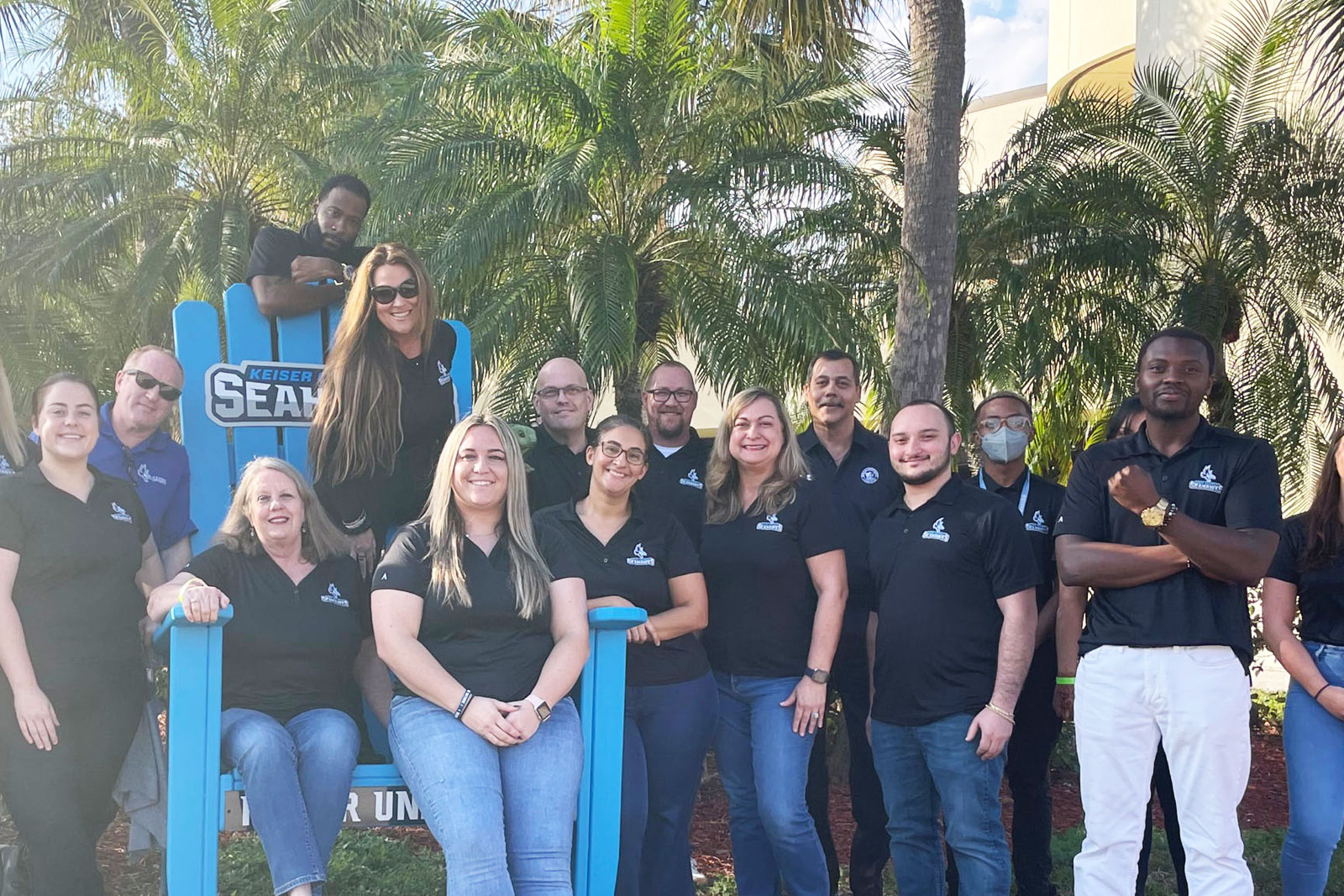Keiser University’s Associate of Science degree in Crime Scene Technology equips students with the knowledge, technical skills, and critical thinking abilities necessary to work effectively in the field of forensic science and criminal investigations. The program provides a solid foundation in the scientific principles and investigative techniques used to recognize, document, collect, preserve, and analyze physical evidence from crime scenes.
Students will learn procedures used by professionals in law enforcement and crime laboratories. Coursework emphasizes areas such as fingerprint analysis, forensic photography, and evidence handling protocols, ensuring that graduates are prepared to maintain the integrity of evidence for presentation in legal proceedings.
Through a blend of classroom instruction and practical application, students develop a deep understanding of how crime scene evidence contributes to solving cases and supporting the judicial process. Graduates of the program are prepared for entry-level positions in crime scene investigation units, law enforcement agencies, or forensic support roles, or to continue their education in related fields such as criminal justice with a concentration in forensics.
Transfer Credits Vary
Please review with an admissions counselor
Entry-level positions in crime scene investigation units, law enforcement agencies, or forensic support roles
Online / On Campus / Hybrid
Financial aid for those who qualify**
** Speak with a dedicated financial aid counselor to explore all your financial aid and funding options.
* Time to degree completion is an estimate, not intended as a guarantee, and can vary based on many case-by-case factors.
The following objectives are designed to meet Keiser University’s mission and its objectives:
Prerequisite for Entering the Program:
Prerequisites for Entering Major Courses:
Prerequisites for Continuing in the Program:
Graduation Requirements: (In addition to Degree Requirements section of the catalog.)
To receive an Associate of Science degree in Crime Scene Technology, students must earn 60.0 credit hours. Program requirements are as follows:
Lower Division Courses
| Crime Scene Technology Major Courses (31.0 credit hours) | |
|---|---|
| Forensic Photography | 4.0 credit hours |
| Forensic Imaging and Processing | 4.0 credit hours |
| Introduction to Forensic Science Technology | 4.0 credit hours |
| Field Investigative Procedures and Presentation of Evidence | 4.0 credit hours |
| Forensic Communications | 4.0 credit hours |
| Forensic Legal Concepts | 4.0 credit hours |
| Fingerprint Identification and Development | 4.0 credit hours |
| Introduction to Biological Evidence | 4.0 credit hours |
| Behavioral/Social Science (3.0 credit hours) | |
|---|---|
| Introduction to Psychology | 3.0 credit hours |
| Communications (3.0 credit hours) | |
|---|---|
| Speech Communications | 3.0 credit hours |
| Computers (3.0 credit hours) | |
|---|---|
| Introduction to Computers | 3.0 credit hours |
| English (3.0 credit hours) | |
|---|---|
| English Composition I | 3.0 credit hours |
| Humanities/Fine Arts (3.0 credit hours) | |
|---|---|
| American Literature | 3.0 credit hours |
| English Literature | 3.0 credit hours |
| Mathematics (6.0 credit hours) | |
|---|---|
| College Algebra | 3.0 credit hours |
| Statistics | 3.0 credit hours |
| Natural Science (8.0 credit hours) | |
|---|---|
| Biology I | 3.0 credit hours |
| Biology I Laboratory | 1.0 credit hour |
| Biology II | 3.0 credit hours |
| Biology II Laboratory | 1.0 credit hour |
Credit hours in parentheses indicate the required number of credit hours in each discipline.
Turn your curiosity for investigation into a career that matters. At Keiser University, you’ll gain the knowledge and the skills needed to document, collect, and analyze evidence that helps solve real-world cases. Learn more about our Crime Scene Technology, AS (CST) degree today by Requesting More Info now!
We understand that today’s students have many responsibilities and obligations in their lives. At Keiser, we deliver the same quality education through different scheduling options to accommodate busy schedules. Whether you choose day, evening, or online classes, chances are, you will find a schedule that fits yours and allows you to fulfill one of the most important commitments you can make – a commitment to your education.
